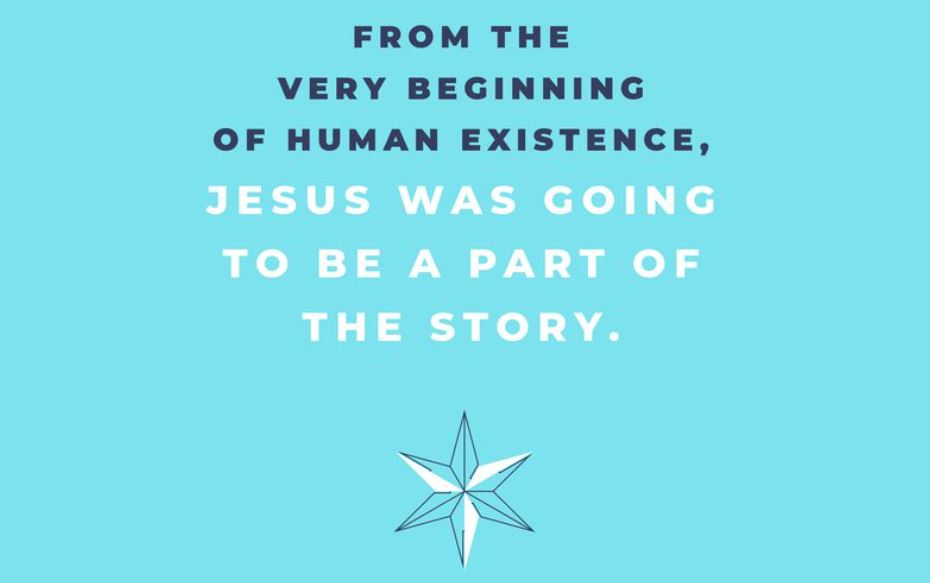Advent: The Journey To Christmas-The Promise
Genesis 3:15 | And I will put enmity between you and the woman, and between your offspring and hers; he will crush your head, and you will strike his heel.”

Did you know the first promise God ever made was about Christmas? In Genesis, we read that when Adam and Eve first sinned in the Garden of Eden, mankind was separated from God’s presence. Sin robbed us of innocence and made us unclean. Because He is holy and perfect, God cannot be in relationship with what is unclean. This separation broke God’s heart because He loves us more than we could ever know. God immediately formed a plan for our reconciliation with Him. From the very beginning of human existence, Jesus was going to be a part of the story.
God let Satan know that day what he had coming. He said, “I will put enmity between you and the woman, and between your offspring and hers; He will crush your head, and you will strike His heel.” (Genesis 3:15) Somewhere along the line, among Eve’s offspring, there would come a Savior who would forever rid Satan of his power to separate God from man. Satan would try to stop Him, but the Savior would crush his head. There’s no coming back from that!
Christmas marks the beginning of God’s process to restore our relationship with Him through a New Covenant. The world waited thousands of years for God’s promised Savior, and then, finally, He was here. The One who would forever defeat sin and death became God with us.
As we enter this Advent season, focus on the fulfillment of God’s first promise. Recognize that God is true to His Word, and meditate on the truth that He loves you so much that He sent His perfect Son to be born into a sinful world so that He could have a relationship with you.
Prayer: Father, I’m amazed that Your first response to our sin was a promise that it would not keep us apart forever. Thank You for choosing from the very beginning to send Jesus to make a way for us to be in relationship with You. As we approach Christmas this year, give me a deeper revelation of what You accomplished as He came into the world. Let me experience the joy You felt when Jesus was born and the fulfillment of Your promise was set in motion.
